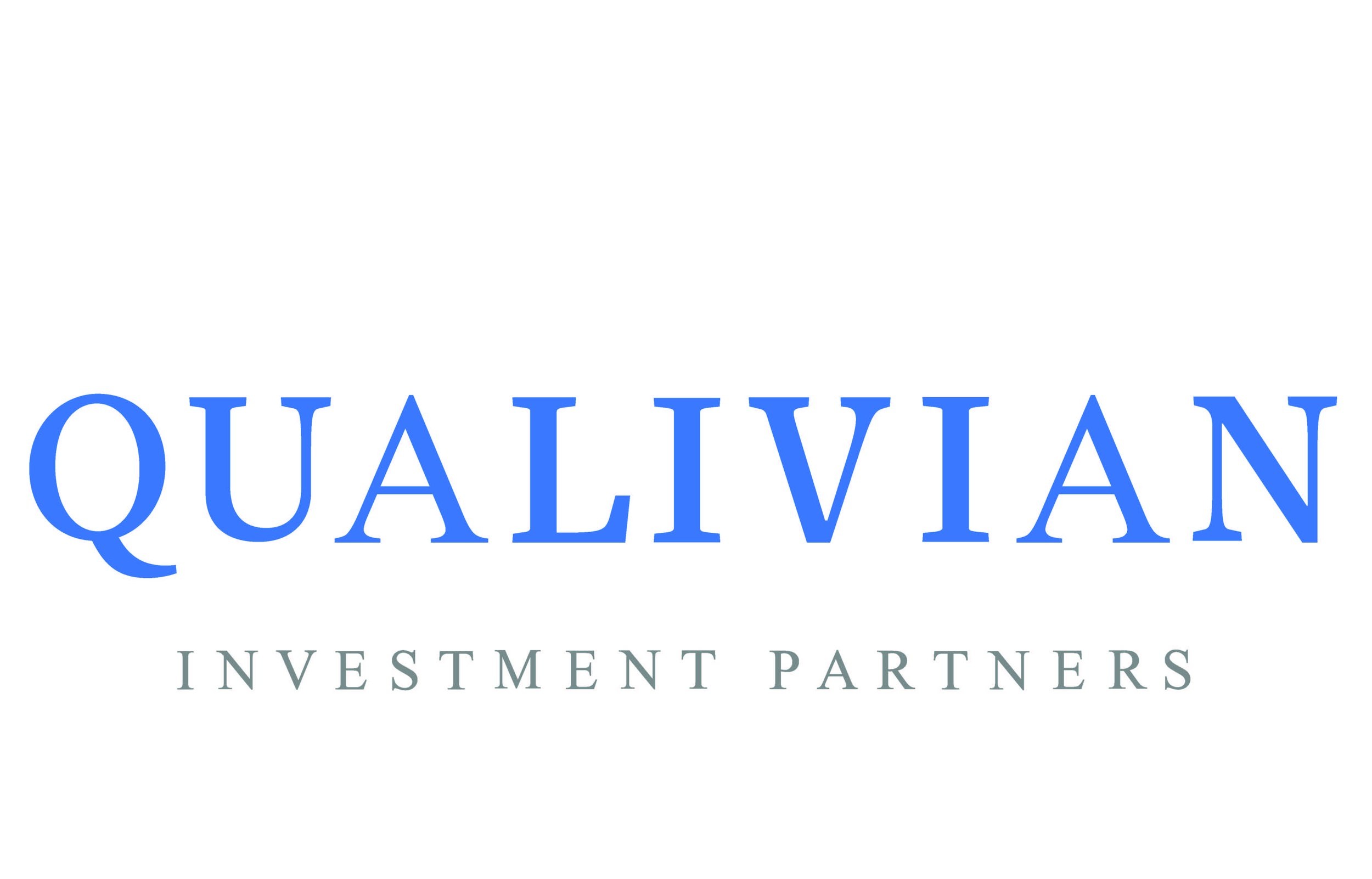How We Think
First and foremost, we think for ourselves. Qualivian was founded by leveraging 30+ years of independent thought and experience as investors and consultants.
In fact, that strain of independent thought has existed from the time that Aamer and Cyril met 20+ years ago as strategy consultants for the MAC Group / Gemini Consulting. In time, each independently became investors, and reconnected in 2016 to evaluate alternatives to how traditional long-only asset management firms operate. From these discussions, Qualivian was founded on the following two themes.
Active management within the traditional asset management space is broken.
i. The typical long-only fund tends to be over-diversified. This generally leads to:
a. A lack of understanding of and conviction in the names in the portfolio;
b. Excessive churn/turnover as portfolio managers take their cues from price movements as opposed to deep knowledge of and conviction in their names; and
c. As a result, portfolio managers tend to hug their benchmarks even more to minimize downside outcomes, at best replicating benchmark returns and often lagging those benchmarks after fees.
ii. The investment focus turns to short-term results as companies cycle in and out of the portfolio in an attempt to make up the short fall in returns that the above behavior generates.
The key driver of wealth is the power of compounding.
i. The growth arising from the power of compounding challenges most investors tendency to think in linear rather than exponential terms.
a. For example, in the famous brain teaser where the respondent is offered a penny that doubles daily for a month or a $1M, most respondents would choose the $1M – the wrong answer by a country mile (or $9.7 million to be exact). This is a prime example.
b. The average company tends to mean revert because competitive forces often revert excessive growth and returns back to industry averages.
c. This mean-reverting, linear thinking ignores the power of “Quality Compounders,” companies that can sustain above average growth and returns for many years, allowing them to compound their intrinsic value over time.
ii. Additionally, in equity markets, a few stocks drive most of the returns per Bessembinder’s study (Do Stocks Outperform Treasury Bills? Journal of Financial Economics, August 2017), which we believe are primarily “Quality Compounder” types of companies that we seek to invest in.
iii. Based on these reasons and experience as consultants, investment analysts, and portfolio managers, we believe that compounding is the basis for any repeatable, long-term, successful investment philosophy.
